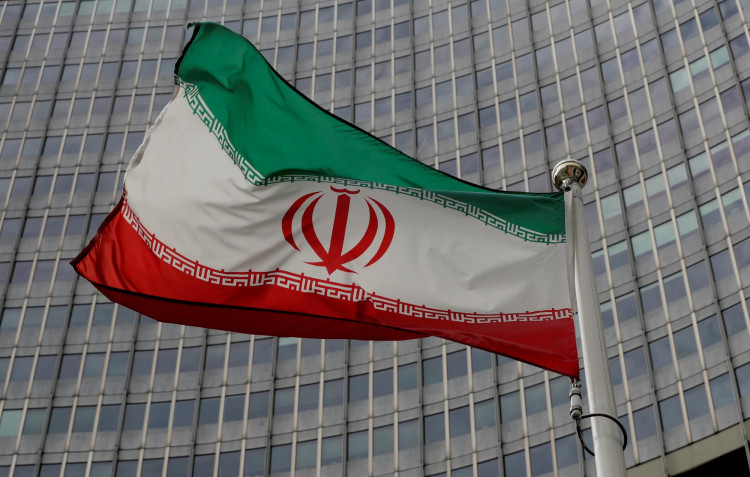The oil trade between China and Iran, two pivotal players in the global oil market, has come to an impasse as Tehran has halted shipments and is now demanding higher prices from its top client, China. This development threatens to tighten the supply of cheap oil for the world's most significant crude importer and potentially bolster global prices while squeezing profits at Chinese refineries.
"Iran is cutting back crude shipments to China, demanding higher prices on December and January deliveries of Iranian Light crude," reported Reuters, citing sources familiar with the transactions. The National Iranian Oil Co, China's commerce ministry, and the U.S. Treasury Department have yet to respond to requests for comment.
The Iranian cutback, which could elevate prices for China as shipments dwindled, represents the potential backfiring of an October U.S. waiver on sanctions of Venezuelan oil. This waiver diverted shipments from the South American producer to the U.S. and India, leaving China with less supply and therefore greater prices.
Early last month, Iranian sellers informed Chinese buyers of the narrowing discounts for December and January deliveries of Iranian Light crude. "This is considered as an extensive default, and the order to hike prices apparently came from the headquarters in Tehran," said a China-based trading executive.
Meanwhile, China has relied heavily on oil from sanctioned countries, saving billions by purchasing often deeply discounted oil from Iran, Venezuela, and Russia. These countries supply almost 30% of China's crude imports, with Iranian oil making up about 10%. But the sudden Iranian demand for higher prices might disrupt this economic advantage.
"The Iranians want to play catch-up in prices with (Russia's) ESPO. But they don't fully realize the extent of sanctions on Iranian oil is different from that on Russian," mentioned a trading manager at an independent refiner in China.
The shift has caused considerable uncertainty for China's smaller independent refiners, often called "teapots," which have become Tehran's top clients since first buying Iranian oil in late 2019. They replaced state-run refiners, which stopped dealing with Iran over concerns about falling afoul of U.S. sanctions. These teapots absorb about 90% of Iran's total oil exports, usually passed off as oil originating in Malaysia or the United Arab Emirates.
As the Iranian cutbacks become more evident, China's oil imports from Iran have fallen. "China imported about 1.18 million barrels per day (bpd) of Iranian oil last month, down from 1.22 million bpd in November and 23% off October's record 1.53 million bpd," stated Vortexa Analytics.
The sudden recalibration in the Iran-China oil trade represents a significant shift in global oil dynamics. The pricing dispute and subsequent reduction in Iranian oil shipments to China underscore the volatile nature of international oil trade, especially among nations heavily reliant on crude imports for their energy needs and those facing international sanctions. As Tehran demands higher prices and Beijing weighs its response, the global oil market watches closely, anticipating the broader implications of this standoff.





